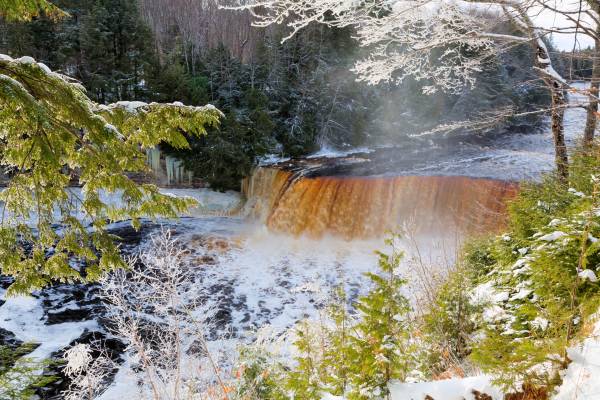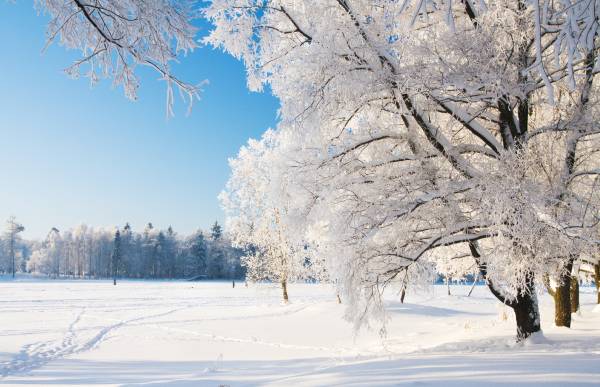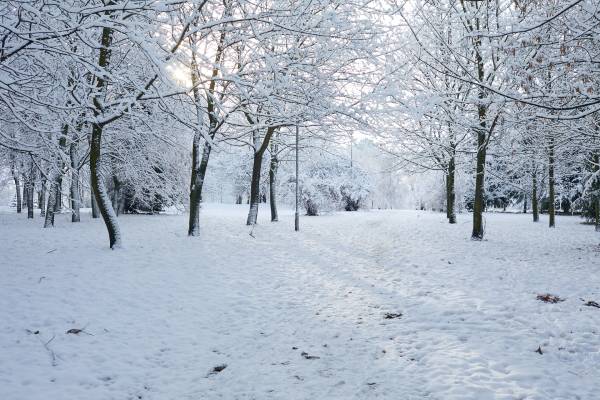RV skirting or camper skirting is gaining popularity. It may seem like a new idea, but skirting trailers has been a smart way to enhance RVs for many years. Think about trailers in mobile home parks and your mind says, “Oh, yeah, I remember that!” So, the idea of blocking cold air and wind from underneath trailers has been around for a while. Now it is trending in the RV industry as more and more people want to extend their camping season or simply be more comfortable and energy efficient.






